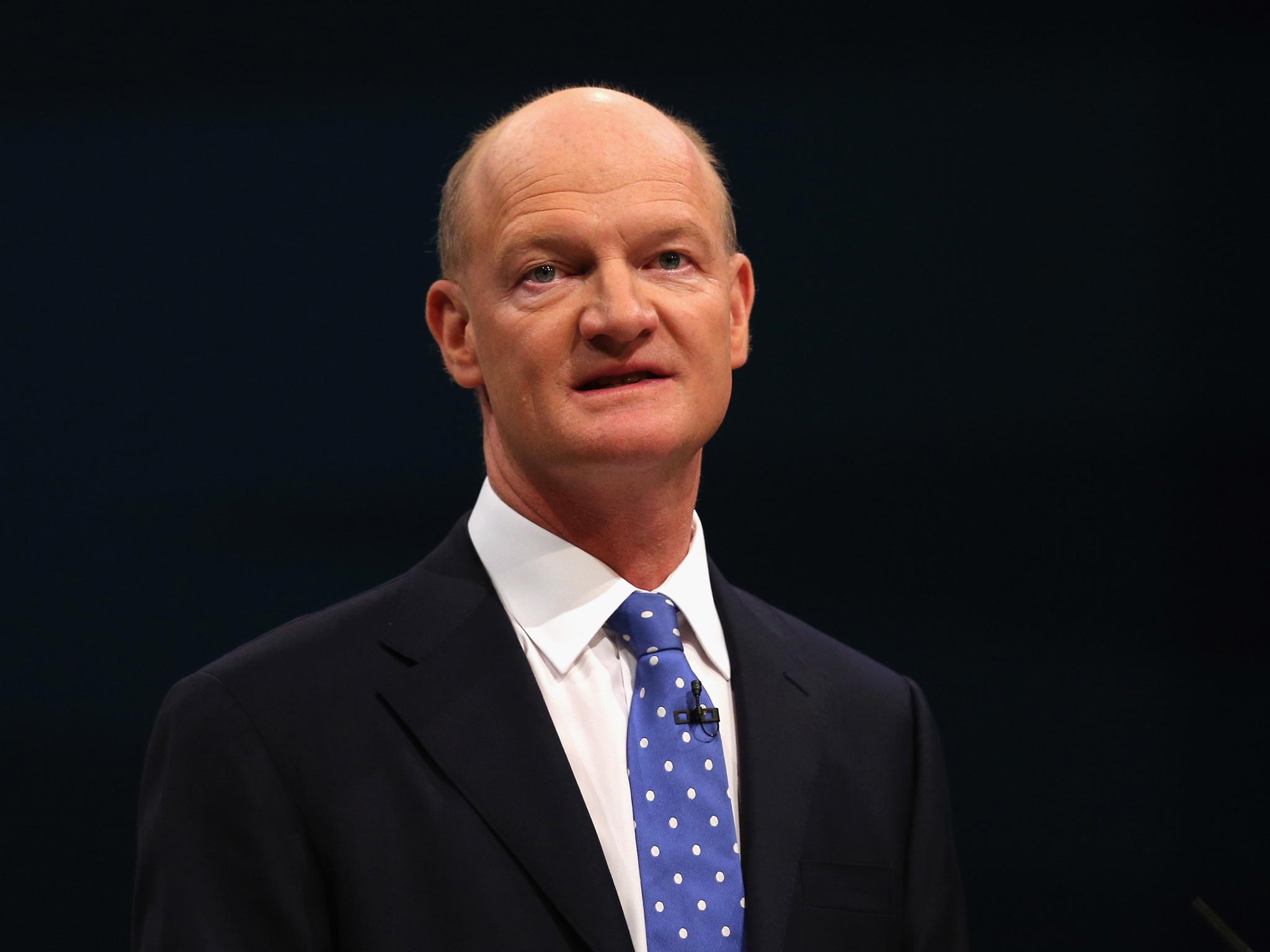Millennials 'short-changed' by welfare state amid warnings of 'huge intergenerational injustices'
Baby boomers to reap much higher 'welfare dividend' than young voters, says think tank

Millennials are being "short-changed" on education, health and benefits, leaving them with less than half the 'welfare dividend' of baby boomers, according to new research.
Lord Willetts, a former Conservative universities minister, said "huge intergenerational injustices were opening up across Britain" in new analysis for the Resolution Foundation ahead of next month's general election.
Baby boomers born in the middle of the 1950s are set for a welfare dividend of £291,000 over the course of their lives, the think tank found, paying on average £945,000 worth of tax, and receiving £1,231,000 worth of public service.
But young millennials, born around 1996, fared far worse, receiving a dividend of £132,000 - £962,000 of tax paid for £1,095,000 worth of public service benefits.
Lord Willetts urged politicians to use the election heal divides between the generations, as he argued young people have been "short-changed by a lack of decent pay growth, a lack of decent, affordable homes, and a state that expects them to pay more in order to receive less".
Speaking ahead of an event in London, the Resolution Foundation president said: "When I first wrote 'The Pinch' 10 years ago, I wanted to sound a warning siren that huge intergenerational injustices were opening up across Britain, and that young people were losing out while my generation was doing well.
"Ten years on, those divides have got worse. Young people been short-changed by a lack of decent pay growth, a lack of decent, affordable homes, and a state that expects them to pay more in order to receive less.
"Britain's generational divides are affecting our living standards, and how we vote.
"Our political parties should use the upcoming election to start healing these divides with a policy programme that appeals to and benefits young and old alike."
The research, contained in a new edition of 'The Pinch', suggests the shrinking dividend for younger voters is partly due to the smaller size of the cohort, meaning there will be fewer millennial taxpayers to fund public services.
It also said the younger generations have been hit by reduced benefit support compared to older generations, such as a reduction of family benefits compared to the protection of pensioner benefits over the past decade.
Politicians have often exacerbated age divides in work place and the housing market by favouring older voters - who typically turn out in greater numbers at the ballot box, Lord Willetts argued.
He appealed to political parties to build cross-generational support by tackling the housing crisis, helping young people build up savings, and securing a sustainable funding system for social care.
Join our commenting forum
Join thought-provoking conversations, follow other Independent readers and see their replies
Comments
Bookmark popover
Removed from bookmarks